Category: Theology
-
Common Misconceptions About the Sacrament of Confession: The Role of the Priest
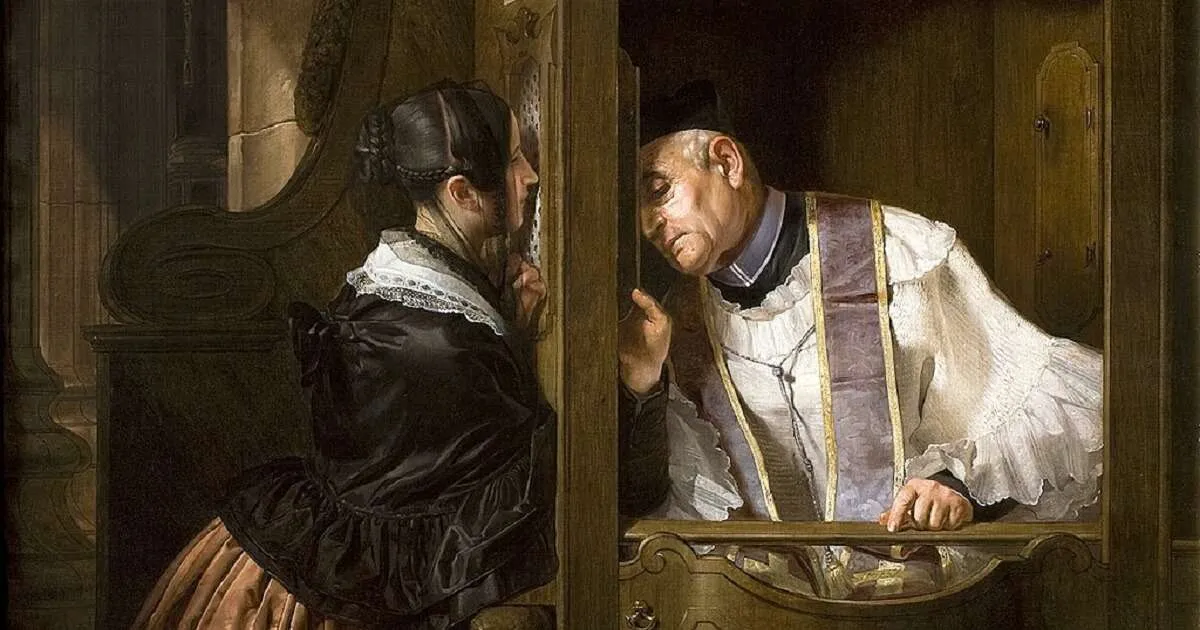
The Sacrament of Confession, also known as the Sacrament of Reconciliation, is a profound expression of God’s mercy and love. However, several misconceptions surround this sacrament, often leading to misunderstandings about its purpose and the role of the priest. One prevalent misconception is viewing the priest as a mere “middle man” between the penitent and… Read more
-
Predestination : A Comparative Analysis of Molina and Aquinas
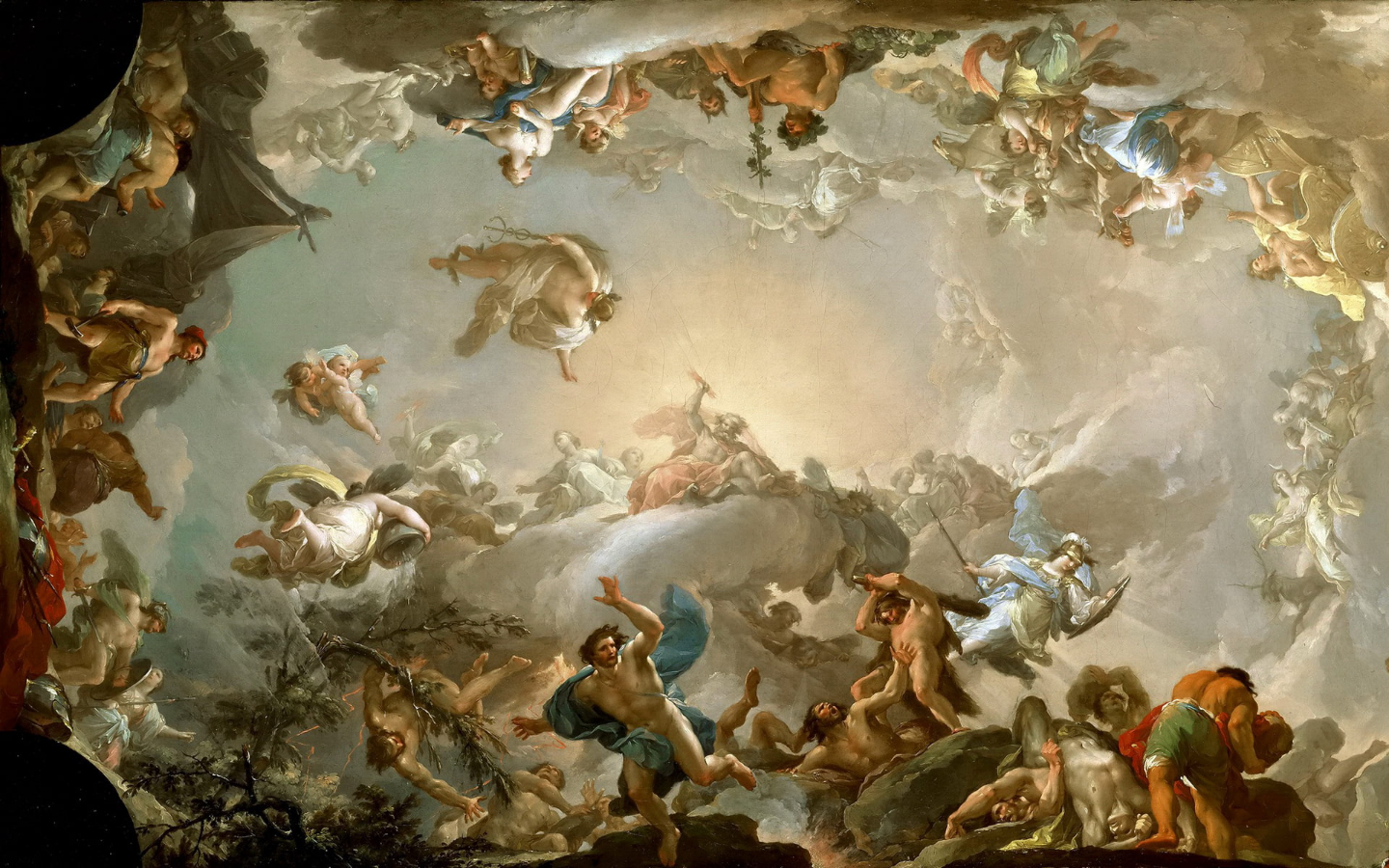
Predestination has long been a profound and complex topic within Christian theology, deeply intertwined with questions about divine foreknowledge, human free will, and the nature of salvation. Among the most significant contributions to this discourse are those of Luis de Molina and Thomas Aquinas, whose differing perspectives provide a rich field for theological exploration. Thomas… Read more
-
Understanding Homoousios: A Cornerstone of Christian Theology
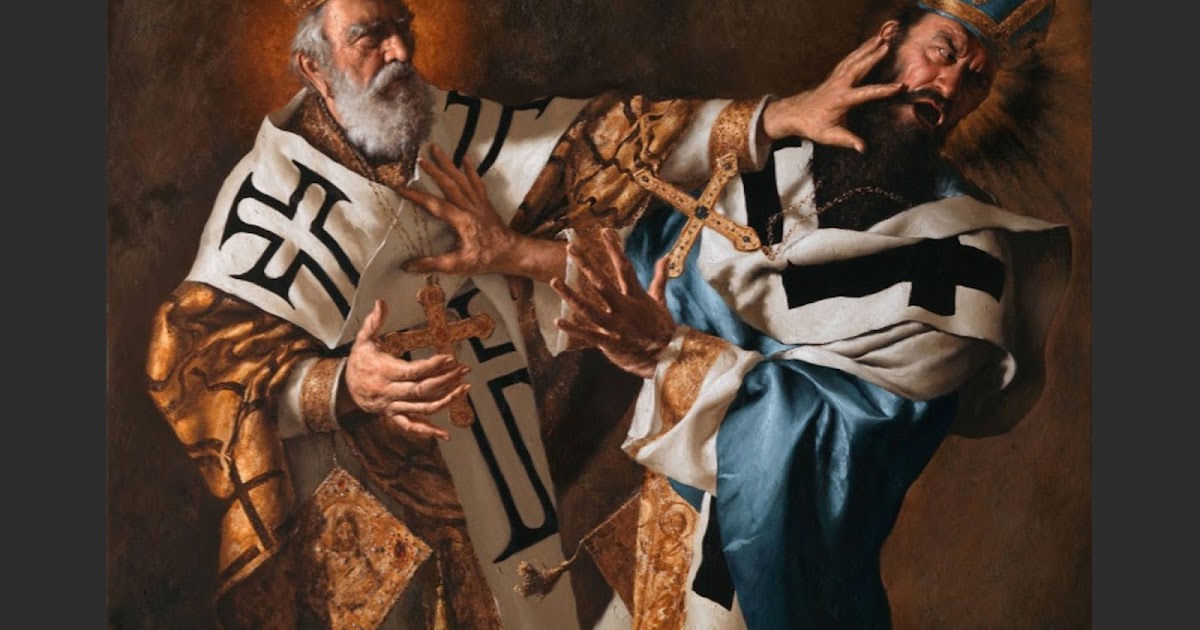
“Homoousios,” a pivotal term in Christian theology meaning “of the same substance,” played a central role in early debates about Christ’s divinity and his relationship with God the Father during the 4th century Arian controversy. Codified in the Nicene Creed, it affirmed Christ’s co-eternal divinity and helped define the doctrine of the Trinity. This term… Read more
-
The Ultimate Sacrifice: Understanding Jesus’ Crucifixion as the Fulfillment of the Torah
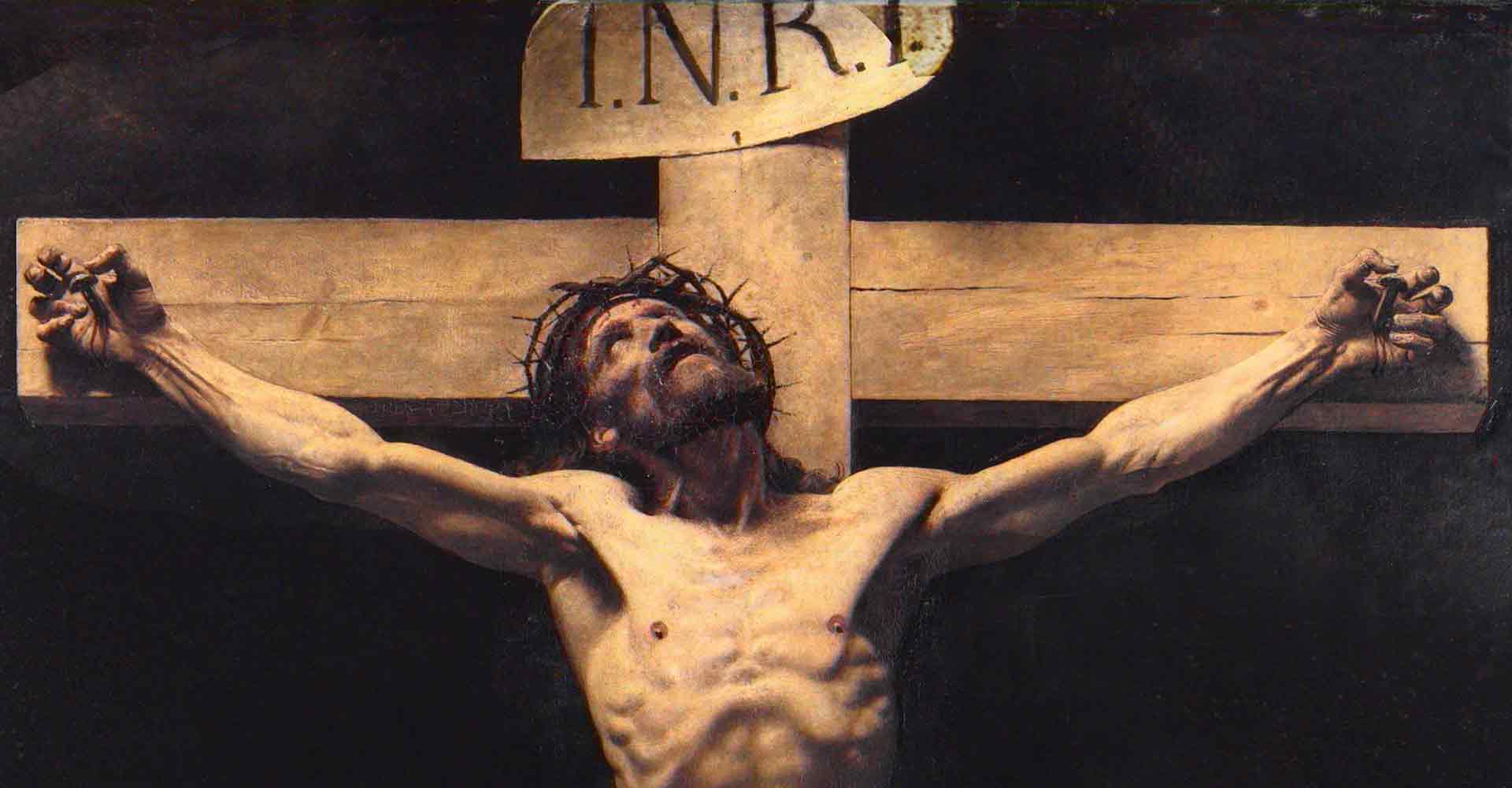
In the heart of Christian theology lies a profound mystery that has captivated believers for centuries—the sacrificial death of Jesus Christ on the cross; Jesus’ Crucifixion. This pivotal event is not only central to Christian faith but is also seen as the culmination and fulfillment of the sacrificial system established in the Torah. The connection… Read more
-
The Distinctiveness of Christianity: Exploring its Unique Features

In the tapestry of world religions, Christianity occupies a unique position, weaving together historical events, profound doctrines, and a global narrative that has significantly shaped both individual lives and the course of civilizations. While the academic use of the term “myth” refers to sacred stories foundational to all cultures and religious traditions, Christianity’s self-understanding and… Read more
-
Embodying the Eternal Love of Christ: Lessons from 1 Corinthians 13
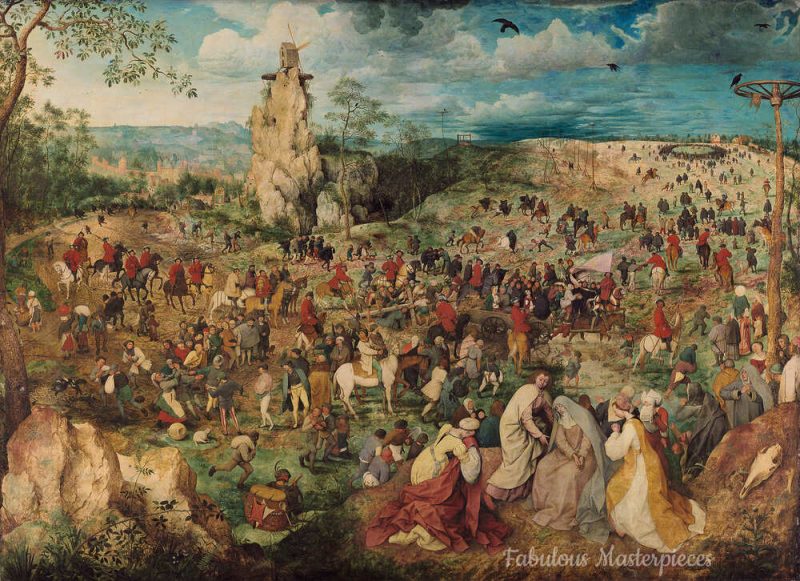
1 Corinthians 13:4-8 encapsulates love’s patient, kind, and enduring qualities, transcending negative traits and rejoicing in truth. Christ Crucified personifies this love, inviting us to follow His example of humility and forgiveness. Embracing the Cross inspires us to endure with hope, imitating Christ’s love by self-sacrifice and trusting in His eternal companionship. Read more
-
Find Out Now; Why The Bread Used For The Eucharist Is Unlevened
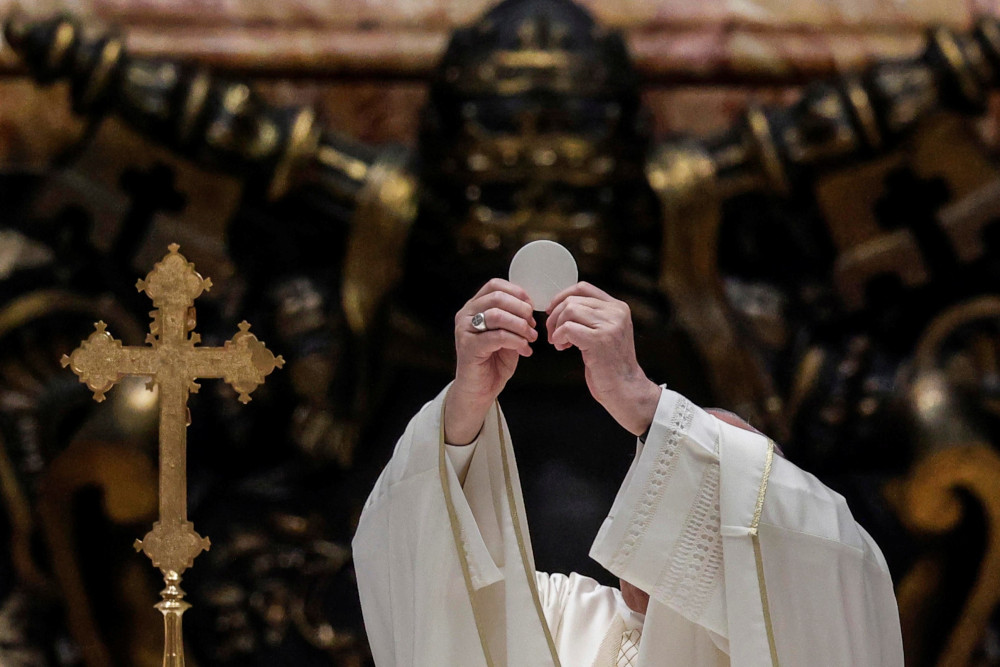
The Eucharist, one of the central rites observed in the Christian tradition, signifies the body of Christ as represented by bread. The use of unleavened bread in the Eucharist is deeply rooted in Christian theology, liturgical practices, and historical continuity with the Jewish Passover. This article explores why unleavened bread is used in the Eucharist,… Read more